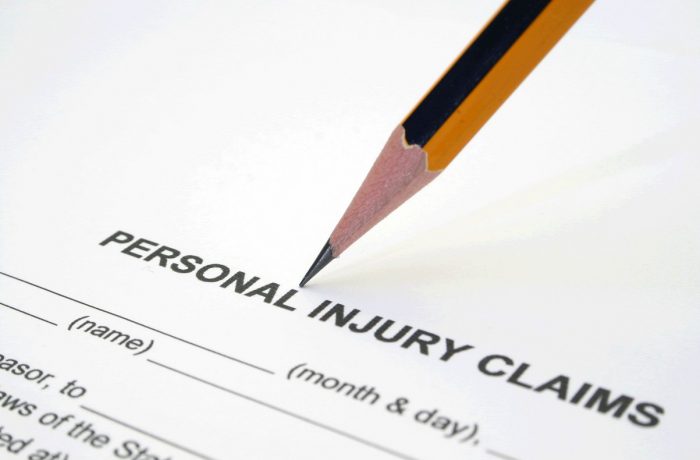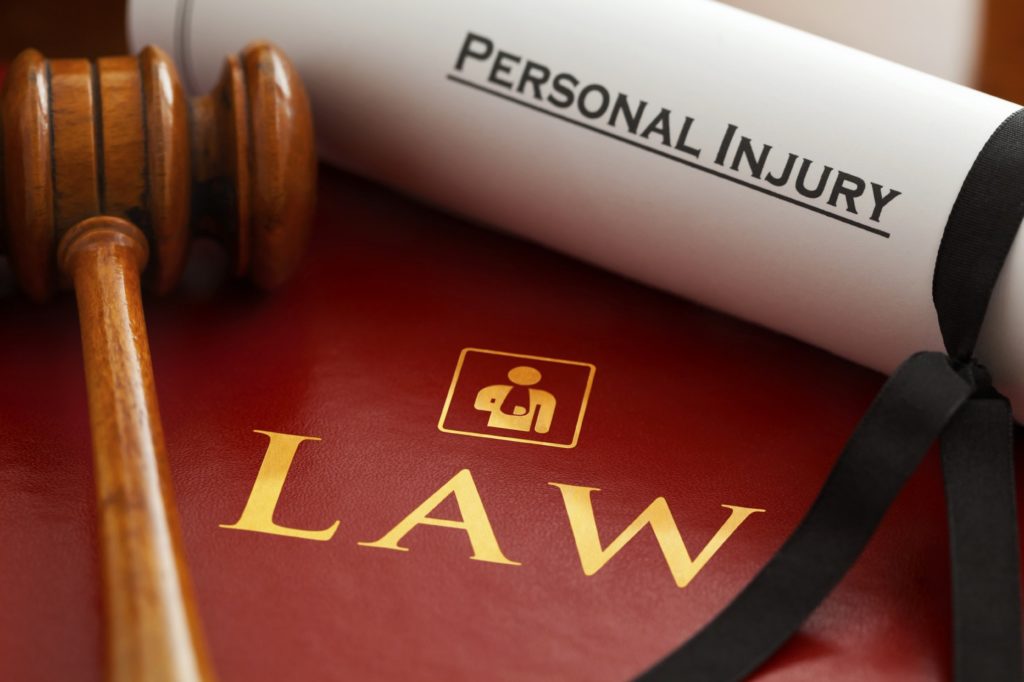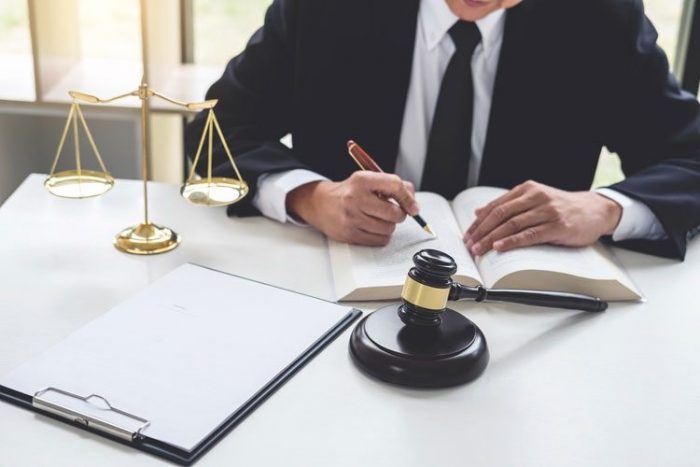
When you have suffered from an injury, you are in exceptional pain. There is nothing worse than having to get up off your hospital bed and start gathering evidence for a claim. No. You need a personal injury lawyer in Miami.
A job of choosing one will influence the result of your claim, so better choose wisely. Search for someone with exceptional legal skills and expertise in this area. A successful personal injury claim lawyer has to have excellent negotiation skills, a lot of detective-like characteristics, and above all experience in the field to realistically assess whether you have a chance or not.
DDRB Lawyers can help you navigate the world of common defenses to personal injury claims. If they can defend against you and successfully convince a judge they are not at fault, you risk your entire case.
Forewarned is forearmed, so here are 7 common defenses you can prepare yourself for.
The 7 Commonest Defenses for Personal Injury Claims
Listed below are some of the personal injury claim defenses we come across most often, along with further explanations and illustrations for better understanding …

1 – The act of Contributory Negligence
Contributory Negligence is the term we use to describe when the defense claims you are partially or mostly to blame for the injuries caused to you. A good example of this is if you ignore warning signs for construction work and end up with something falling on you.
However, this defense is most likely to cause a confusion, because being partly blamed for causing an injury can also happen if you expressed a certain behavior which contributed to causing the damage. We’ll give you another example to clarify the point. Imagine you’re walking on the side of the road, not paying attention to anything around you. All of a sudden, a car drives by, over speeding on the road that’s not in the best shape. The car hits you, and you end up being injured. In your mind, you are the victim, but what can happen is that you may be found o have contributed to the accident by not checking the traffic around you. Having a personal injury lawyer in a situation like this will come in handy.
2 – Falling back on the Statute of Limitations
Most states have a 2-year statute of limitations, which basically means after two years have passed, your case is no longer valid. You must file for a personal injury claim before this time limit expires. Even though this time limit looks long enough, there are cases that require more detailed investigation, or injuries that require more time to recover. However, there are also some exceptions to this particular claim. The time limit for the statute of limitations, may be different in some cases, such as a mistake performed by a surgeon, which was discovered years after. In cases like this, the time will be calculated from the point when the mistake was discovered.

3 – Did you Sign a Waiver?
If you waive your rights in a liability waiver, then the court is unlikely to go in your favor. The two exceptions to this rule are when you have been intentionally harmed and can prove it, or when the other party exhibits gross negligence. Being careful about what you’re signing when trying out something new on the internet, or entering an adrenaline park is important. Most of these providers give you a paper to fill out and sign, and you sign without reading it. If you suffer a personal injury on their compound, this means you haven’t got a chance against them in the court of law.
4 – Your Health
If you had an illness before the accident, a personal injury defense lawyer will try their level best to ensure it goes against you. Get a good lawyer in your own corner to protect you. Ask if anyone has had a similar experience to yours, so they can recommend a good lawyer to help you get the most of your case.

5 – It was Your Own Fault
This comes under comparative negligence but feels much less formal. A defense attorney will try to frame the argument as if you were the one who caused it. Your attorney in this case will help you prove the accident happened as a result of his failure to control the situation, and that the injuries you suffered were caused by the accident. Have a thick skin, gather evidence, and hunker down.
6 – Assumption of Danger
The defense may try to have you held accountable for your own actions using the assumption of risk loophole. This legal jargon is a technical way of saying that you should have known of the danger. What the defense will do is try their best to prove you were completely aware of what you were getting yourself into, but you did anyway. You voluntarily accepted the risk. For example, you can’t sue a driver that hits you if you are the one that jumped in front of the car. Or, you have a neighbor who’s keeping a very dangerous dog, known to have bitten people before. Regardless of the knowledge, you decided to walk in his territory and got injured. The bites and injuries you experienced, in this case, will not be compensated.

7 – Contributory Negligence
In Alabama, Maryland, North Carolina, Columbia and Virginia, Contributory Negligence complicates your ability to claim for personal injury. If you were even 1-2% responsible for the accident, then you can’t claim compensation, whatsoever. In these areas, you should only file if you are 100% not at fault, and the opposition will try to prove otherwise – so be ready for them. The most common thing they use against the claimant is proving he was under the influence of alcohol, opiates, or something else.
So, if you are on the lookout for a personal injury lawyer and you need reliable, experienced information, look no further. We have everything you need for your personal injury claim to succeed, and years of experience in the industry, that will guarantee a successful case.
















